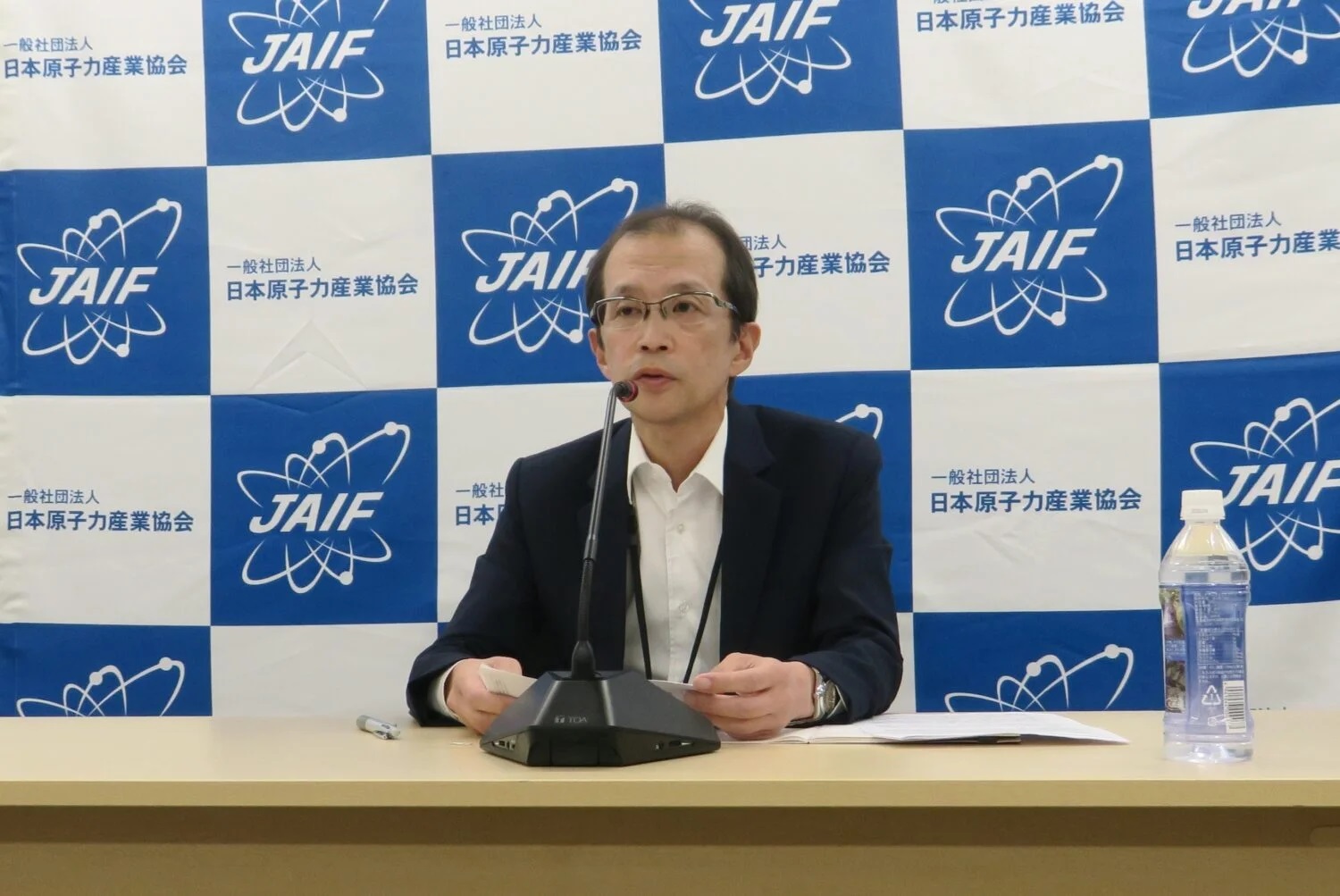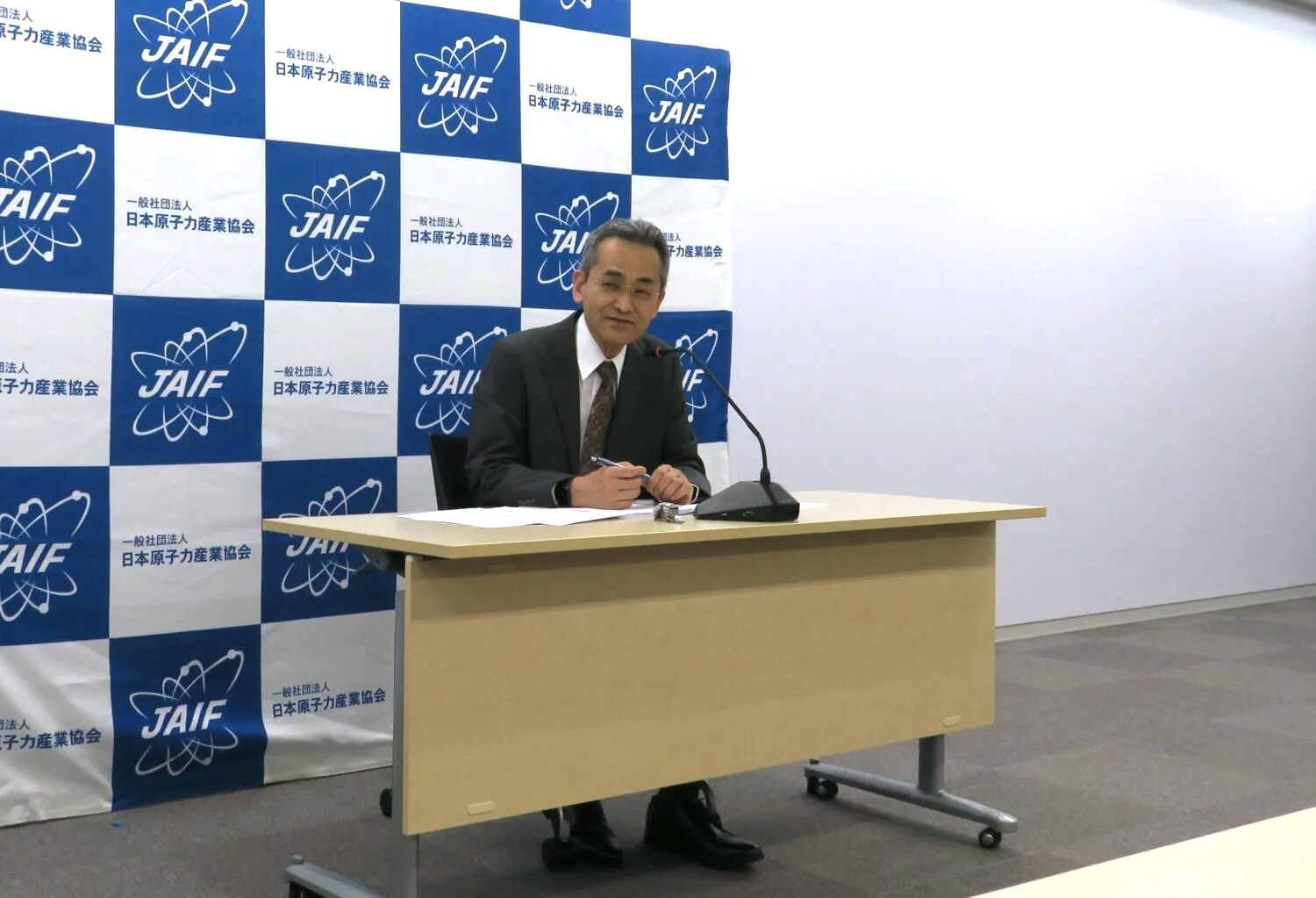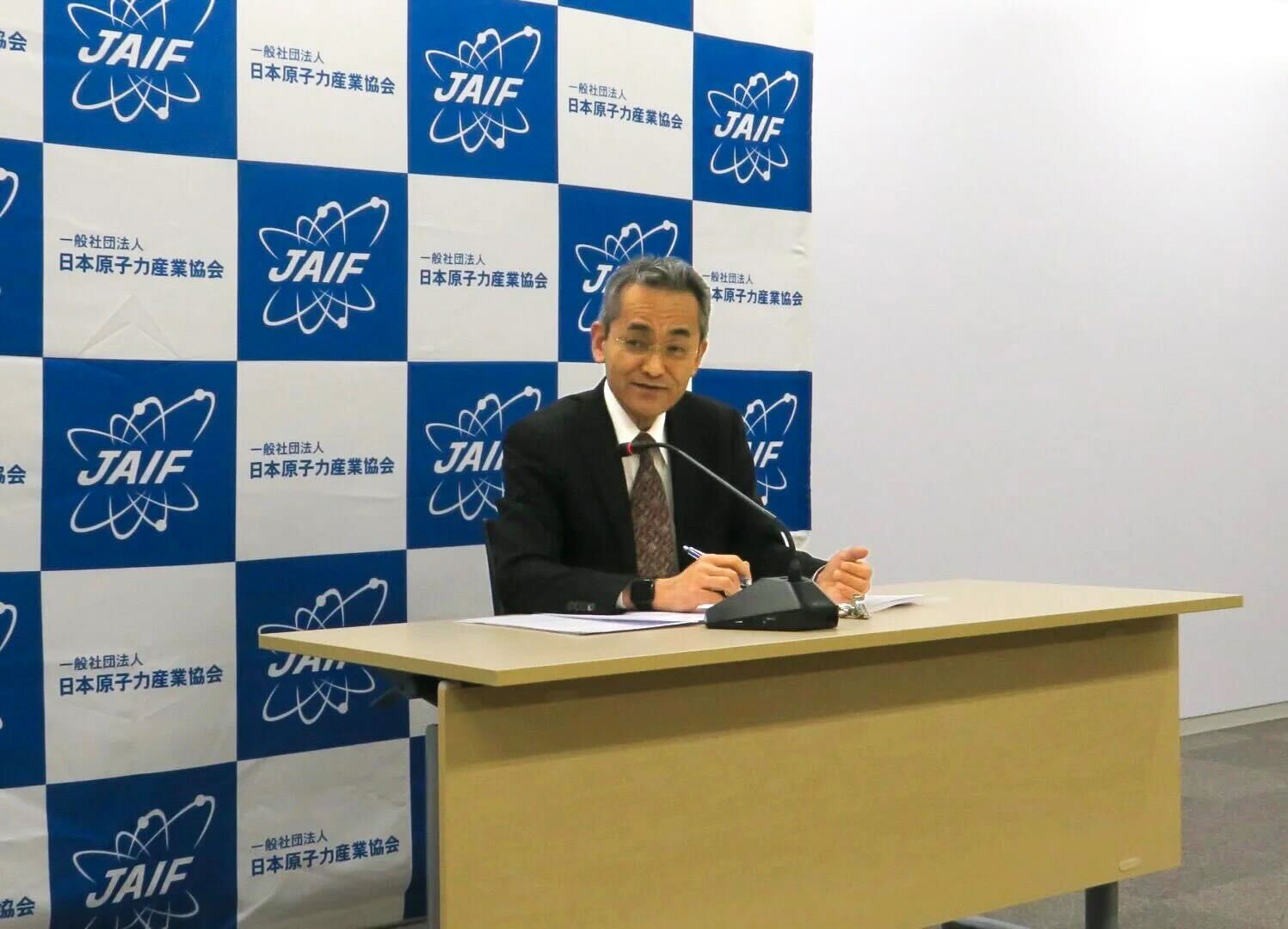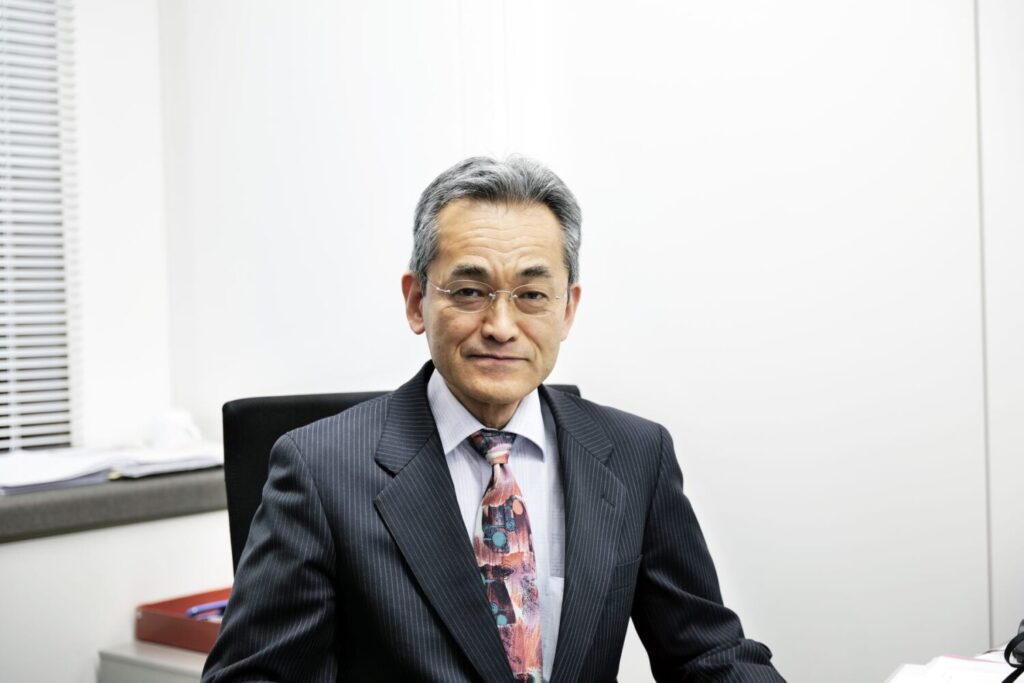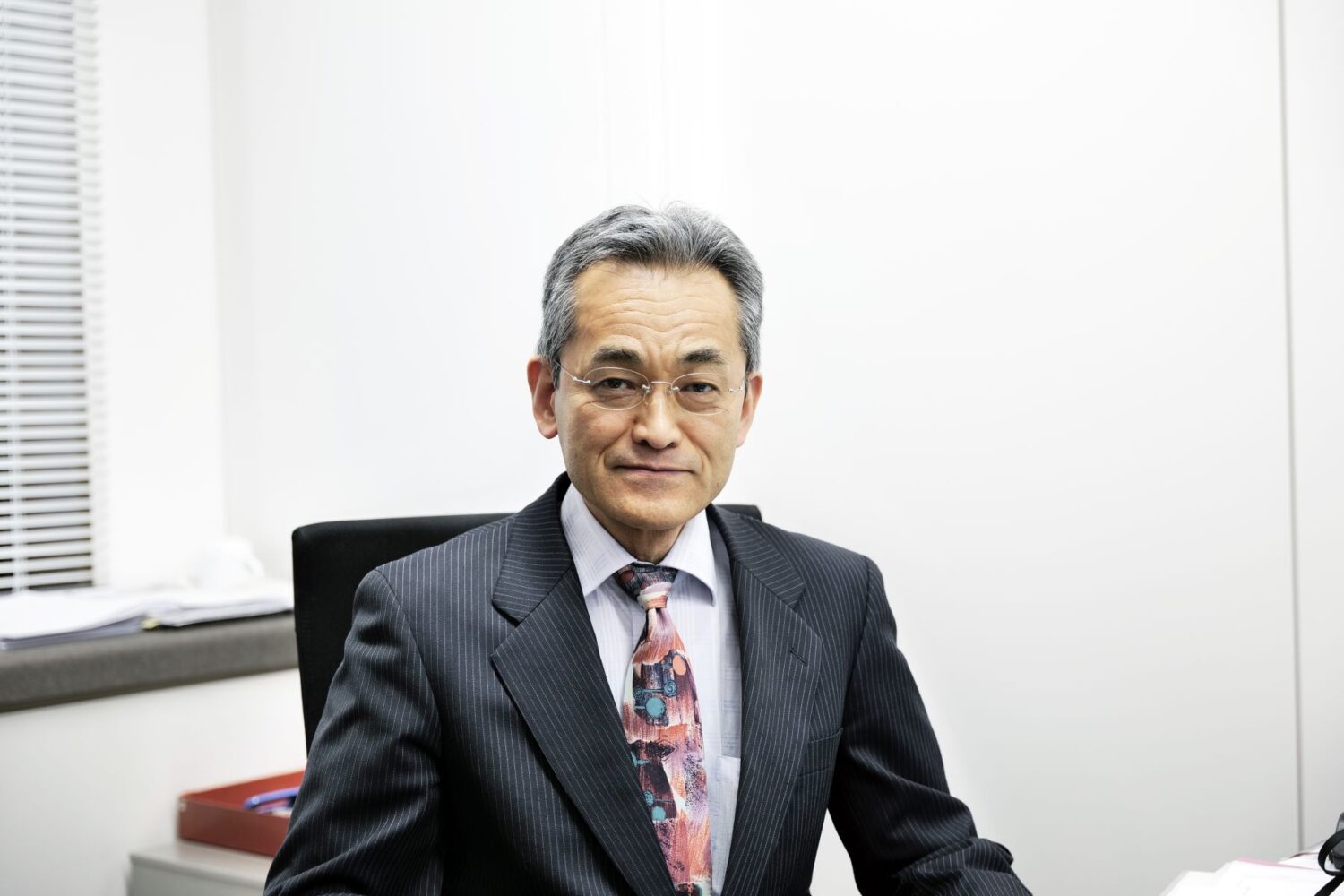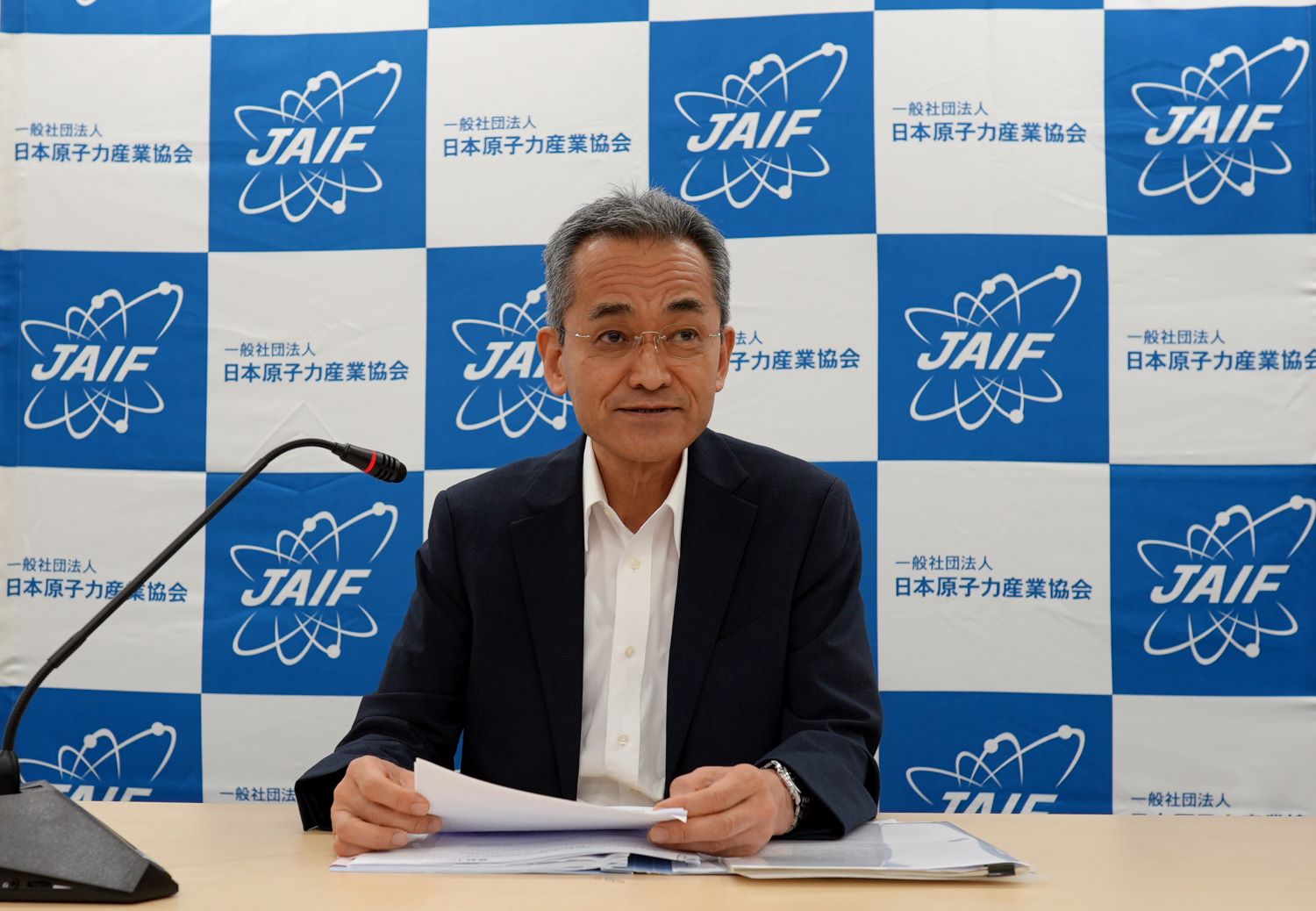As of September 2015, three years will have passed since Japan’s Nuclear Regulation Authority (NRA) came into existence. Supplementary provisions to the law establishing the NRA provide that the government will review necessary matters after that period.
Responding to the March 2011 accident at the Fukushima Daiichi Nuclear Power Station, the NRA, in a short period of time, issued new regulatory standards, and has been carrying out examinations of compliance with those standards, all with limited human resources and while strictly maintaining its independence. Those actions are indeed praiseworthy in terms of meeting national expectations, and for contributing greatly to recovering lost public confidence in nuclear power.
The government’s review will include various specific matters, such as the 40-year lifetime limitation on reactor operation and the development of laws and regulations regarding back-fitting. In addition, I would like to offer four points for consideration and improvement, focusing on NRA’s stance and manner of operation, with reference to the Principles of Good Regulation maintained by the U.S. Nuclear Regulatory Commission (U.S. NRC).
I. Deepening the Dialogue with Nuclear Operators
The NRA and top managements of nuclear operators have already begun direct exchanges of views, primarily on safety culture. I continue to hope that a trusting relationship of mutual trust will be established, enabling the free exchange of views and discussions while actual examinations take place. Indeed, at this stage, it is NRA itself that is in a position to further the establishment of such a relationship of mutual trust through more open-minded exchanges of views and discussions with nuclear operators.
Let me use the current debates on active faults as an example. I wonder if both sides, during the NRA’s examinations and on other occasions, have had the opportunity to express themselves sufficiently, such that there is satisfaction on both sides with NRA’s determinations. It does not appear to me that they have. I often hear that evaluations are made from a safety viewpoint. That is done as a matter of course.
But scientific and technological points of view are legitimate concerns as well. Only regulations that both sides are convinced in — after sufficient scientific, rational discussion based on objective data — can advance the promotion of voluntary activities by operators toward further improving safety.
II. Carrying Out Effective and Efficient Regulatory Activities
Regulatory activities should correspond to the degree of risk that they reduce. If there are alternative countermeasures, the one requiring the least resources should be chosen. Although premised on strict regulation and adherence, unnecessary delays in judgment should be avoided.
According to the national government’s Strategic Energy Plan, nuclear power is positioned as an important base-load power source, and those nuclear power plants (NPPs) whose safety is recognized by the NRA will be restarted, based on determinations of compatibility with the new regulatory standards. Using the word “efficiently” in the context of regulatory activity is liable to cause some misunderstanding.
But — if I may be permitted to say so — safety regulation is for the purpose of using nuclear power safely in the first place. Taxpayers and consumers paying power rates expect the process to be carried out both efficiently and effectively. Inefficient regulatory activity causes not only in delays, but also regulation not corresponding to the reduced risk, and unnecessary costs for the parties subject to permits and licenses, which inevitably place a burden on the public.
III. Improving the Operation of the NRA
The NRA makes its decisions through a majority vote of commissioners attending a meeting. The five current NRA commissioners each have areas of responsibility, and are directly involved in examinations and the deliberation process. Under those circumstances, though, commissioners not responsible for the area under consideration also pose questions at commission meetings, meaning that the best discussions do not always result, I am afraid.
What is needed in a commissioner is not so much specific expertise, but sound, comprehensive judgment, arising from profound insight into all that is involved in the person’s special area, and a consideration of an array of various factors. Accordingly, it is not appropriate for commissioners to be directly involved in examinations and the deliberation process.
The commission should be a place where regulatory courses of action are discussed and final judgments made on the contents of examinations provided by the secretariat of NRA. In order to realize that, it is essential to evaluate the activity of NRA on a daily basis as the U.S. NRC does, and to provide the adequate number of staff to inform and support the regulatory commissioners in making their decisions.
IV. Enhancing the Abilities of NRA’s Staff and Improving the System
The NRA and its secretariat developed the new regulatory standards in a short time, and have been carrying out compatibility examinations. I understand that the workforce was boosted and a better examination system put in place after joining forces with the former Japan Nuclear Energy Safety Organization (JNES). I understand, however, that those moves have not been enough. The image of exhausted staff carrying out examinations persists, and is not, unfortunately, consistent with efficient examinations.
Examination personnel must possess not only knowledge, but also a global awareness to ensure that regulatory standards are consistent with international ones. In addition, they should have a certain level of experience and practicality — the so-called feeling of being in the field, or on the spot — that cannot be acquired quickly. Nevertheless, from that perspective, I urge the NRA to seek and secure personnel with the necessary qualifications, and to treat and reward them in accordance with their abilities. That will ensure that competent human resources remain available to it.
As I stated, my suggestions concerning a review of the NRA relate to its stance and operation. I see no big obstacles to improving either of them. The U.S. NRC did not reach its current position in a single leap. Japan’s NRA, similarly, can achieve much through continued efforts based on experience, knowledge and knowhow.
In the peaceful utilization of nuclear energy, regulatory authorities and nuclear operators — toward the common purposes of ensuring public safety and protecting the environment — must interact in a relationship of mutual reliance, and seek continually higher levels of safety in a manner visible to the public. I believe that those actions will bring about greater understanding and more solid support for nuclear energy among the public.




